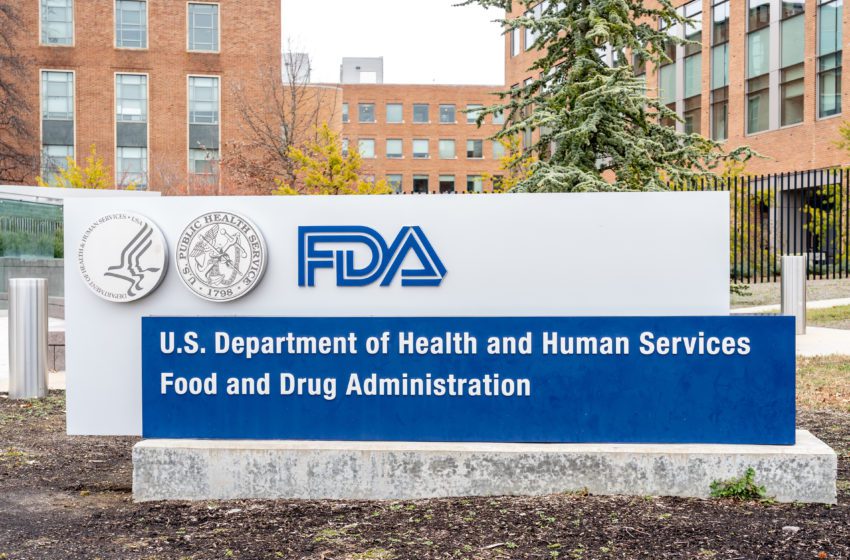
The U.S. Food and Drug Administration announced a final rule raising the minimum age for certain restrictions on tobacco product sales. The requirements are in line with legislation signed in December 2019, which immediately raised the federal minimum age for the sale of tobacco products in the United States from 18 to 21.
Once implemented, the requirements are expected to help decrease underage tobacco sales.
Beginning Sept. 30, retailers must verify with photo identification the age of anyone under the age of 30 who is trying to purchase tobacco products, including e-cigarettes. Previously, this requirement applied to anyone under the age of 27. It’s important for retailers to request and examine photo IDs to verify age from anyone under 30, regardless of appearance, as research has shown that it is difficult for retailers to accurately determine the age of a customer from appearance alone.
Additionally, starting Sept. 30, retailers may not sell tobacco products via vending machines in facilities where individuals under 21 are present or permitted to enter at any time. Previously, this prohibition applied to facilities where individuals under 18 were present or permitted to enter at any time.
These changes, and the other changes made by the final rule, aim to maximize the public health impact of the original December 2019 legislation, according to an agency press release.
“Today’s rule is another key step toward protecting our nation’s youth from the health risks of tobacco products,” said Brian King, director of the FDA’s Center for Tobacco Products. “Decades of science have shown that keeping tobacco products away from youth is critical to reducing the number of people who ultimately become addicted to these products and suffer from tobacco-related disease and death.”
The Further Consolidated Appropriations Act, signed into law on Dec. 20, 2019, increased the federal minimum age for selling tobacco products from 18 to 21 across the United States. Since then, it has been illegal to sell tobacco products, including e-cigarettes, to anyone under 21. The law also directed the FDA to take action today, increasing the age of certain requirements for tobacco product sales, as explained above.
The agency also continues to provide retailers with resources to improve compliance with tobacco laws and regulations, including age of sale restrictions. For example, the FDA has developed a voluntary education program, “This is Our Watch,” which offers free resources to assist retailers in calculating the age of customers, including a digital age verification calendar and an age calculator app. Retailers can also find information on tobacco products that may be legally marketed in the United States through the Searchable Tobacco Products Database. Updated resources, including further information on these latest requirements, will be made available on the FDA’s website in the near future.


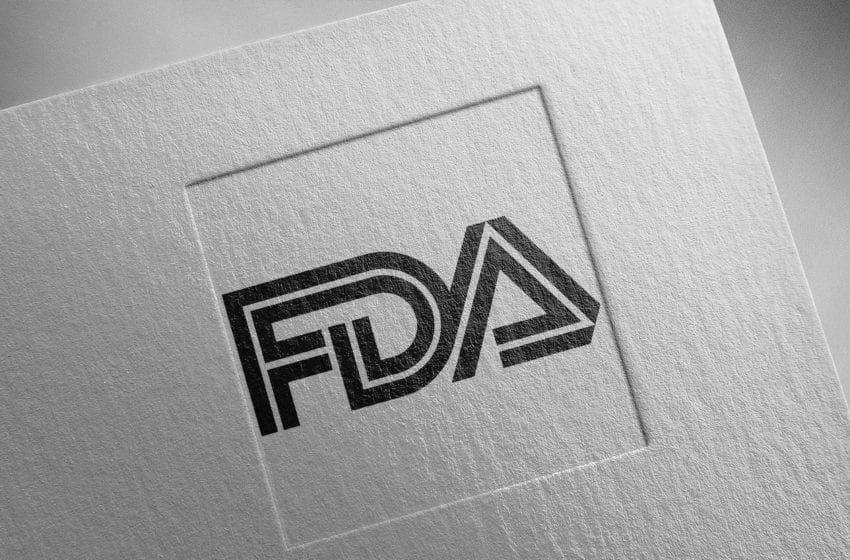
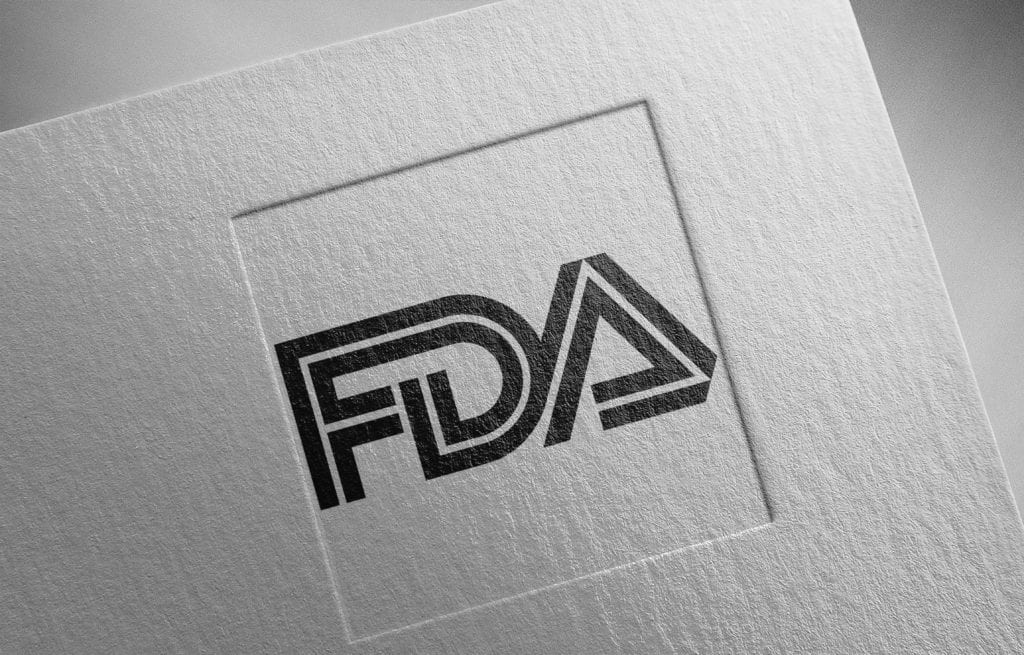


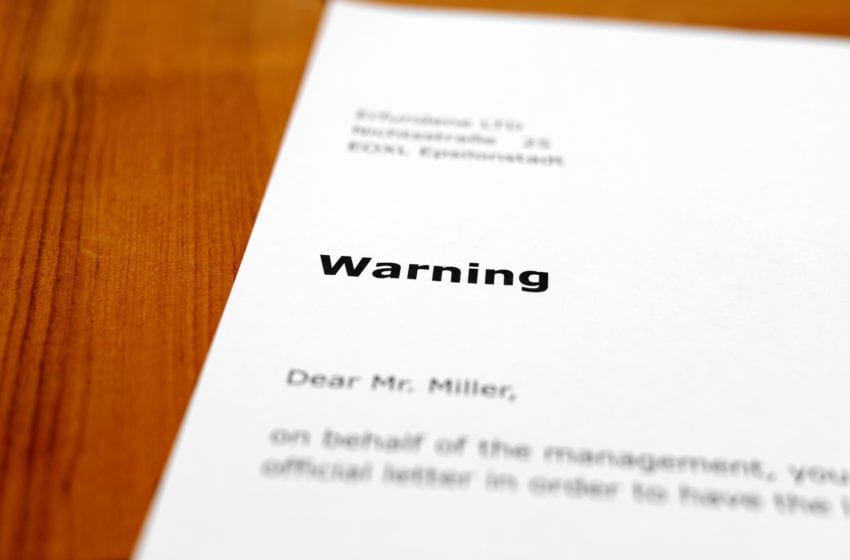
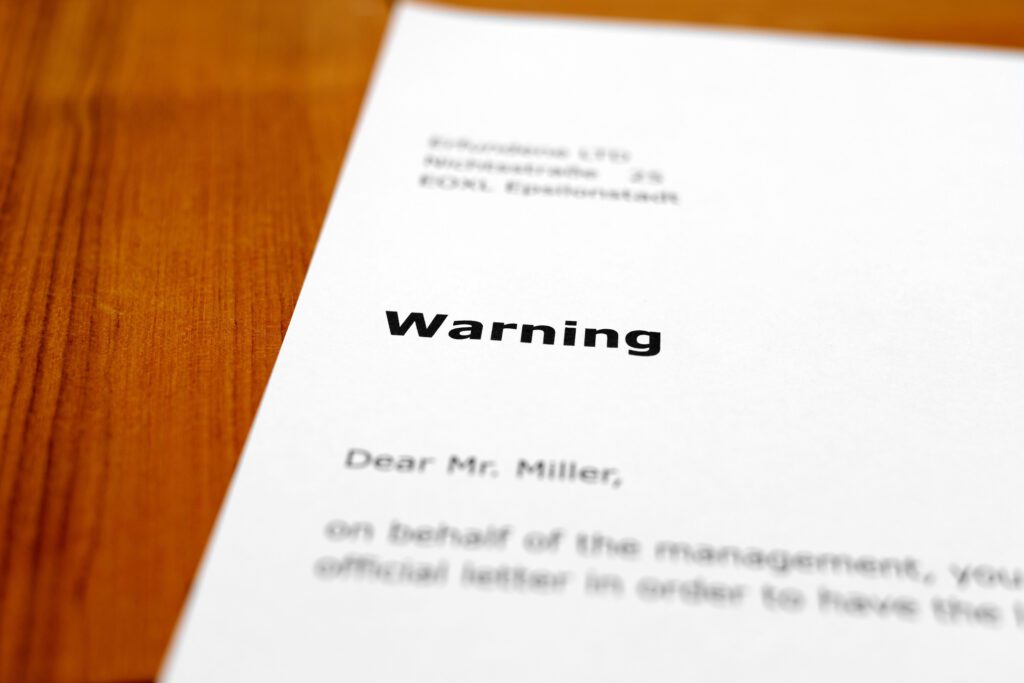




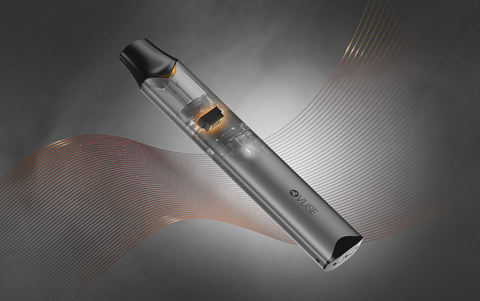
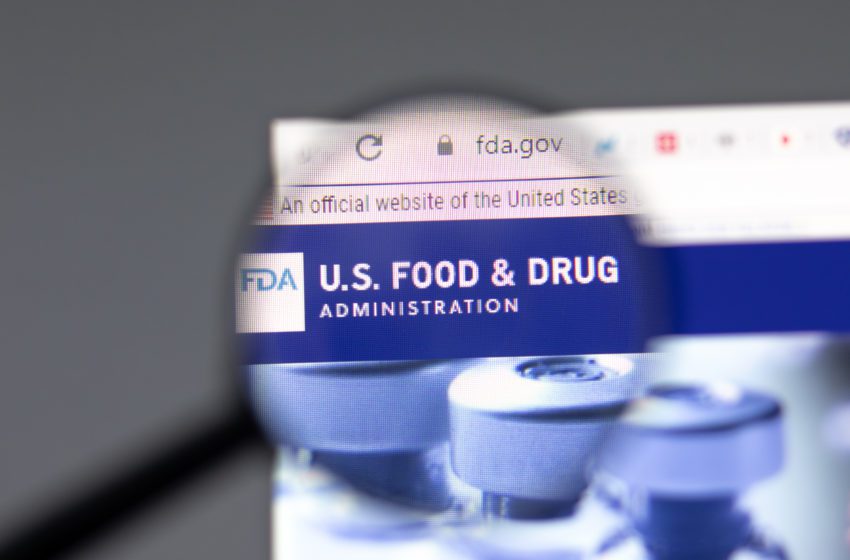
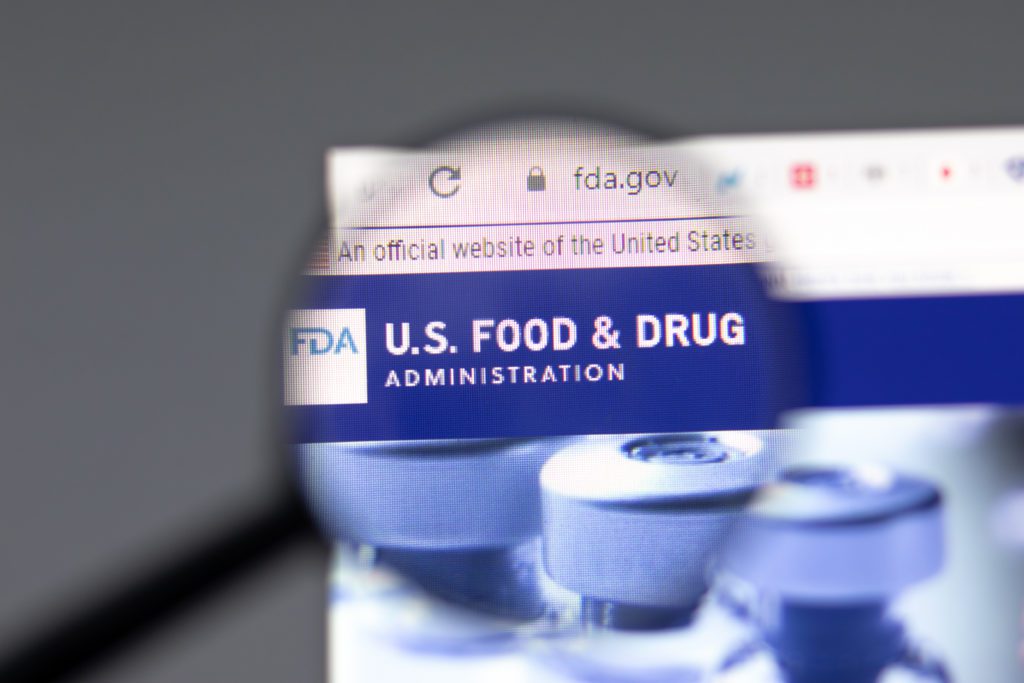
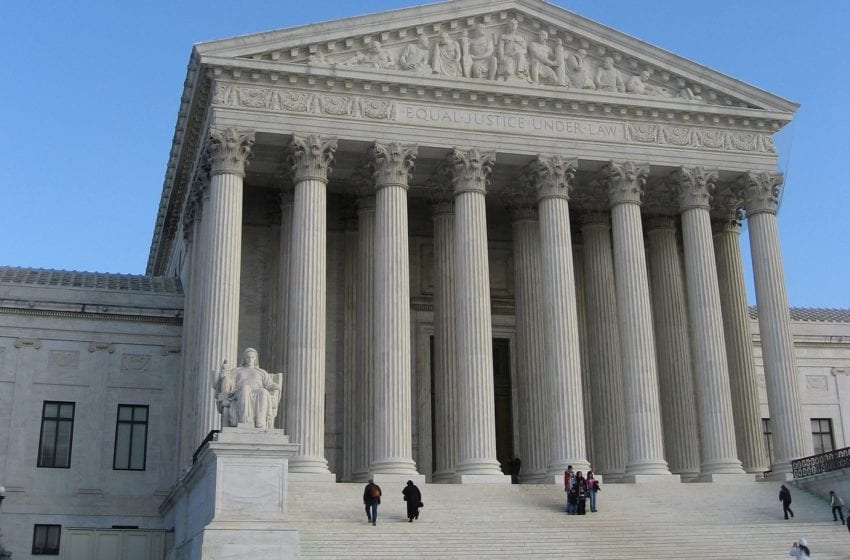
 The U.S. Supreme Court agreed on Tuesday to hear the U.S. Food and Drug Administration’s defense of the
The U.S. Supreme Court agreed on Tuesday to hear the U.S. Food and Drug Administration’s defense of the 